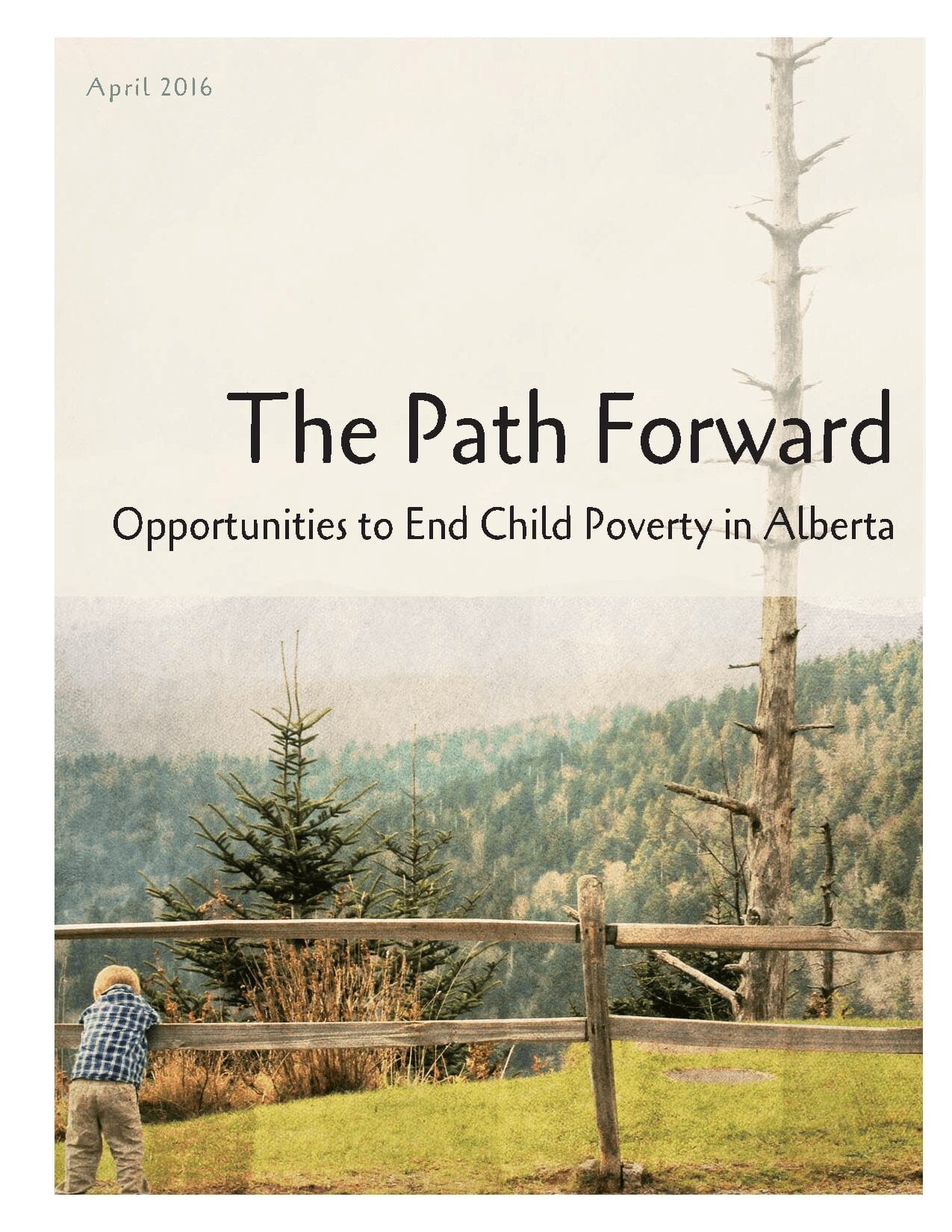This paper identifies the issues surrounding the treatment of youth in conflict with the law, from the perspective of youth and youth workers at the Youth Restorative Action Project (YRAP). The objectives of treatment are the reintegration of youth within their community, and reducing the re-offence rates. The paper compares the perspectives of the individuals at YRAP to current best practices, and offers recommendations in the treatment of youth in conflict with the law. A brief overview of current best practices revealed that program integrity and a program length of less than six months was correlated with lower rates of re-offence. The practice of Restorative Justice approaches was effective for lowering rates of re-offence, and left both victim and offender participants more satisfied than those that did not participate in such programs. The involvement of youth in the development of personalized treatment was also deemed important. Finally, collaboration between service organizations, especially in the form of Wraparound services, was recommended in the literature.
Disclaimer: This report does not necessarily reflect the views of the Edmonton Social Planning Council, but is based on the work and opinions of the author.
In 2015, Andrew Ha served as the Edmonton Social Planning Council’s Social Justice Intern. Our Social Justice Intern is a volunteer program, which provides students at an Albertan post-secondary institution the opportunity to complete a research project on a local social issue. This initiative is supported by Volunteer Alberta’s Serving Communities Internship Program (SCIP). The following report is the result of his work in this position. For more information about the ESPC’s Social Justice Internship, you can reach us at the following address:
Social Justice Internship
Edmonton Social Planning Council
Suite 37, 9912-106 St. Edmonton, AB T5K 1C5
Phone: 780-423-2031
www.edmontonsocialplanning.ca

